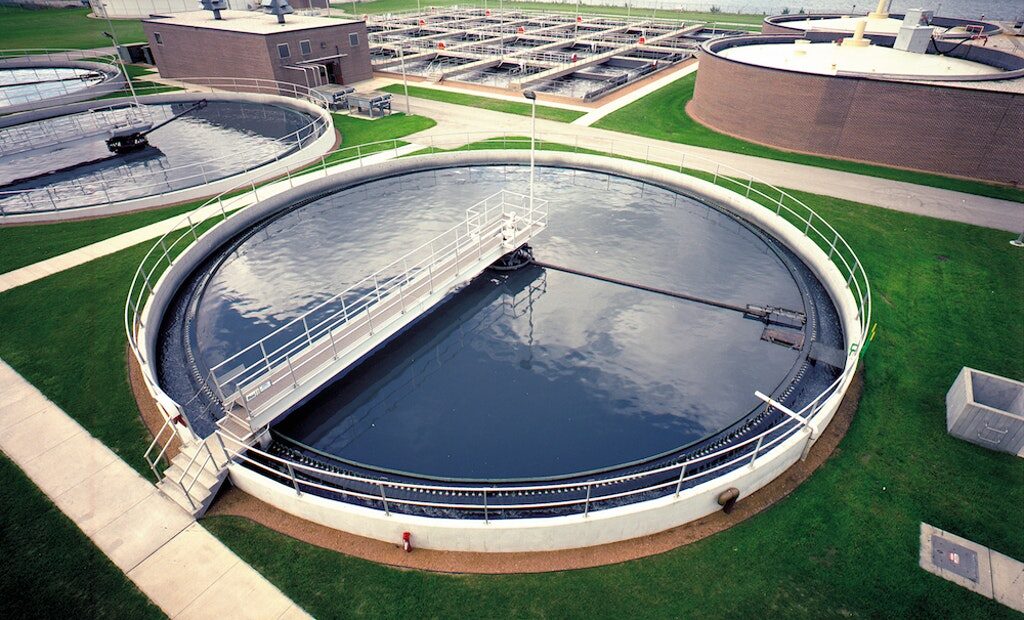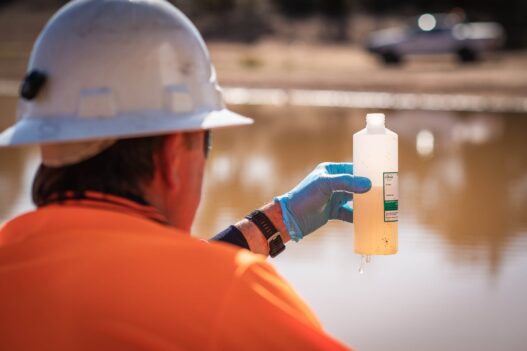This guide walks you through what water treatment is, its importance, the overall process, its different types and uses, the common problems being encountered, and some Frequently asked questions.
What is Water Treatment?
Water treatment is the process of improving the quality of water to make it suitable for various purposes, including drinking, industrial processes, irrigation, and environmental protection. It involves several physical, chemical, and biological processes aimed at removing contaminants, pathogens, and undesirable substances from water sources.
Why is Water Treatment Important?
Water treatment is important for several reasons:
- Public Health: Waterborne diseases, caused by pathogens like bacteria, viruses, and parasites present in untreated water, can lead to widespread illness and even death. Water treatment removes these pathogens, making water safe for consumption and reducing the risk of waterborne diseases.
- Safe Drinking Water: Access to safe and clean drinking water is essential for human health and well-being. Water treatment ensures that water meets quality standards set by regulatory authorities, making it safe for drinking and reducing the risk of water-related illnesses.
- Environmental Protection: Untreated wastewater and industrial effluents contain pollutants and contaminants that can harm aquatic ecosystems and wildlife. Water treatment removes these pollutants, minimizing environmental damage and protecting water bodies from contamination.
- Resource Conservation: Water treatment helps in conserving water resources by recycling and reusing wastewater for purposes such as irrigation, industrial processes, and environmental restoration. This reduces the strain on freshwater sources and promotes sustainable water management practices.
- Industrial and Agricultural Use: Many industries and agricultural activities require large quantities of water for various processes. Water treatment provides a reliable source of clean water for industrial use, helping industries comply with regulations and improve efficiency. It also ensures that water used for irrigation is free from contaminants, promoting healthy crop growth and food safety.
- Economic Benefits: Investing in water treatment infrastructure can lead to economic benefits by reducing healthcare costs associated with waterborne diseases, increasing agricultural productivity, attracting investment in industries that require clean water, and enhancing overall quality of life for communities.
Process
Water treatment facilities typically handle the gathering, purification, and dissemination of water resources, catering to residential, commercial, or industrial needs. While these plants worldwide might employ varying approaches in their water treatment procedures, they generally adhere to similar stages tailored to their intended purposes.
What are the 5 steps of water treatment?
The five primary steps of water treatment typically include:
- Coagulation and Flocculation: Chemicals are added to the water to create tiny particles called floc, which attract and bind together impurities such as dirt and bacteria, forming larger particles.
- Sedimentation: The water is allowed to sit undisturbed in a large tank, facilitating the settling of the floc and other suspended particles to the bottom of the tank as sediment.
- Filtration: The water passes through layers of sand, gravel, and charcoal, which act as physical barriers to remove remaining impurities and particles from the water.
- Disinfection: Chemical disinfectants like chlorine, chloramine, ozone, or ultraviolet (UV) light are added to kill or deactivate harmful microorganisms such as bacteria, viruses, and parasites present in the water.
- pH Adjustment: The pH level of the water may be adjusted using chemicals to achieve the desired acidity or alkalinity, ensuring that the water is safe for consumption and suitable for its intended use.
Different Types and Uses
Generally, water treatment systems differ in serving specific end-uses. The 3 most common types are the following:
Household Water Treatment
The general kinds of systems that are used as water treatment solutions include the following:
- Point-of-use (POU) systems – water pitchers, faucet filters, and reverse osmosis (RO) systems, etc.
- Whole-house/point-of-entry (POE) systems – municipal systems, pressurized storage tanks, UV microbiological systems, water softeners, etc.
Also, home water treatment systems either use advanced water treatment or conventional septic tank systems to treat water from households.
Industrial Water Treatment
This process refers to the treatment that is performed pre- and post-industrial use. Since businesses from various industries use water differently, water treatment processes can be done before or after performing business activities to serve the intended use of water. For example, water treatment in the Food and Beverage sector under the Hospitality industry is crucial for ingredient water used in processing food. On the other hand, manufacturing plants in the Automotive industry need to reuse or dispose of wastewater, and water treatment can help in that process.
Wastewater Treatment
Wastewater refers to any used or polluted form of water, generated after different types of uses and applications. Its sources include rainwater runoff and human activities. Wastewater treatment is key to removing any contaminants and being able to convert the quality of wastewater and turn it into an effluent that can be safe to return to the water cycle.
With a legacy spanning 25 years, Sapsorb has been dedicated to providing exceptional water treatment services. Our extensive experience and commitment to excellence ensure that we deliver reliable and effective solutions to meet our clients’ needs. Trust Sapsorb for proven expertise in water treatment that stands the test of time.
For inquiries about Sapsorb Water Treatment Services or to learn more about our water treatment solutions, please contact us at:
Email: ajay.pandya@sapsorb.com.au
Phone: 0407 289 460
Website: www.sapsorb.com.au
Our team is ready to assist you with any questions you may have regarding our services or to discuss your specific water treatment needs.



